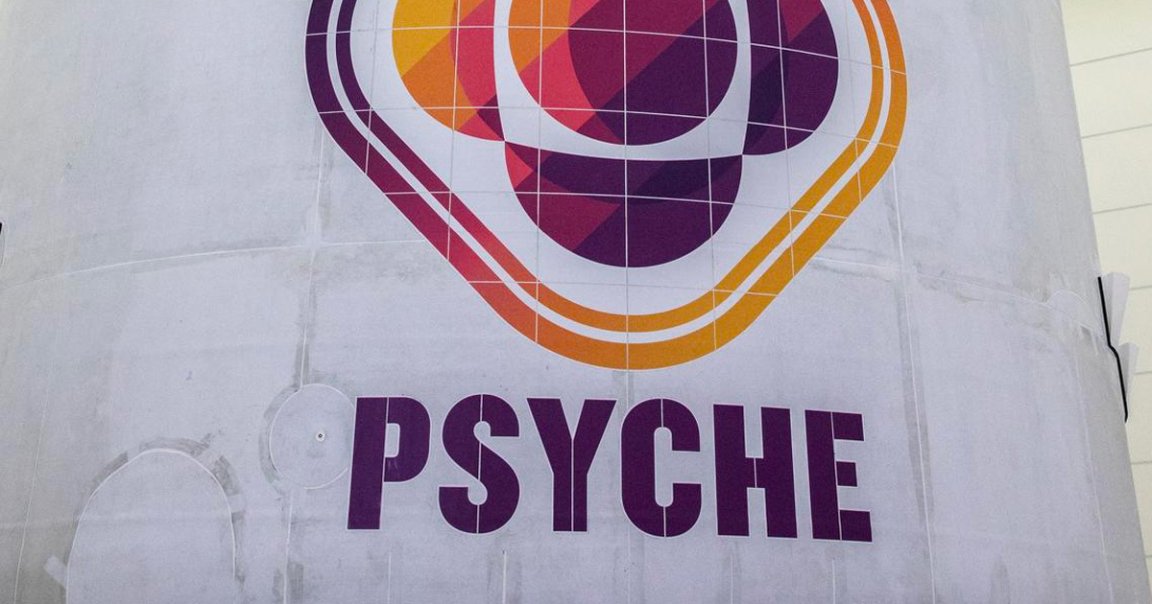
Rocky Road
NASA has readied a SpaceX Falcon Heavy rocket for a mission that could launch from Florida as soon as tomorrow, weather permitting, for a unique destination: a big metal asteroid called Psyche, located in the asteroid belt between Mars and Jupiter.
Atop the rocket is a spacecraft, also called Psyche, whose main objective is to study its namesake. Of particular interest: Psyche is believed to be the leftover core of an ancient planet-like object, meaning the mission could yield invaluable clues about the early history of the solar system, its evolution, and how metallic-cored planets like Earth might have formed.
“We’re trying to understand about the metal core of the Earth,” Arizona State University professor and the mission’s principal investigator Lindy Elkins-Tanton told NPR. “We are never, ever going to go to those cores — way too hot, way too deep — so this is our one way to see a core.”
Mass Hole
Psyche the asteroid is shaped roughlylike a potato and is about the size of the state of Massachusetts, according to NPR. Researchers think the surface is pockmarked with craters that are encircled with iron spikes—meaning smaller objects may have dinged the rock and sent molten metal into a splatter pattern that then solidified.
They’ve also estimated the asteroid to be between 30 to 60 percent metal while the rest is silicate, according to NASA. This composition distinguishes it from many asteroids, which are mostly made up of clay and silicate rock.
The mission is slated to travel for six years until reaching the asteroid in 2029, according to the space agency. It will then orbit the strange rock for two years while studying Psyche with sophisticated instruments onboard and beaming pictures from the surface.
Besides further sleuthing the composition of the mysterious and distant world, there’s even a half-cocked financial interest in Psyche: some have estimated that, if you could somehow access the precious metals it contains, it would be worth a staggering $10 quintillion. .
More on asteroids: NASA Probe To Drop Off Asteroid Samples After 7 Years in Deep Space